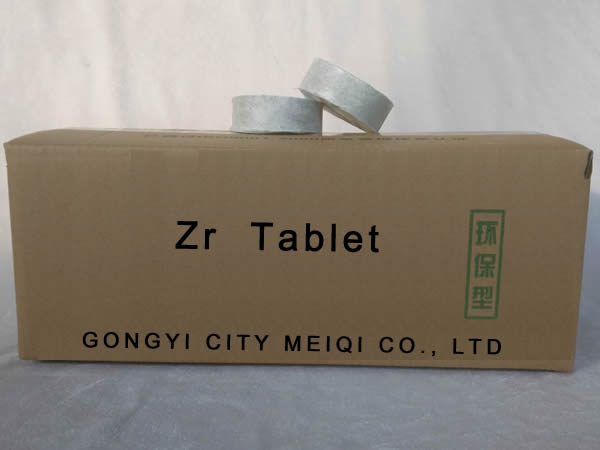The effect of aging temperature
At different aging temperature, the precipitated phase of critical nucleus size, number, composition, grew up and gathered speed is different, if the temperature is too low, due to the diffusion is difficult, g. P area is not easy to form, strength, hardness, low after aging, when the aging temperature is too high, spread easily, supersaturated solid solution precipitation phase in the critical nucleus size is big, aging after strength and hardness is low, which has exerted a limitation.Therefore, all kinds of alloys have the optimum aging temperature.
1. Influence of time between quenching and artificial aging:
The study found that some aluminum alloys, such as al-mg-si alloy, were used for artificial aging at room temperature, and the strength index of alloy was less than maximum, while plasticity increased.Such as ZL101 alloy, after quenching at room temperature for one day after artificial aging, the quenching immediately after aging lower ultimate strength 10 ~ 20 mpa, but plastic than for the aluminum alloy on the limitation of improved immediately.
2. Influence of alloy chemical composition:
Whether an alloy can be strengthened by aging depends on whether the element that makes up the alloy can be dissolved in the solid solution and the degree of solid solubility to change with temperature.Such as silicon, manganese, less solid solubility in aluminium and little change with temperature, and magnesium, zinc, although in the aluminum solid solution has a larger solid solubility, but they form with aluminum compound structure and difference matrix, and the strengthening effect is little.Therefore, the two - dial-silicon, aluminum - manganese, aluminum - magnesium, aluminum - zinc are usually not treated with aging.Some binary alloy, such as aluminum and copper alloys, and ternary alloy or multielement alloy, such as aluminum - magnesium - silicon, aluminum - copper - magnesium - silicon alloy, etc., they have solubility and solid phase transformation in heat treatment process, can strengthen through heat treatment.
3. Influence of solid solution process of alloy:
In order to obtain good ageing strengthening effect, without overheating, burnt and grain growth conditions, the high quenching heating temperature, holding time longer, to get the greater than the saturation of homogeneous solid solution.In addition, the second phase is not precipitated in the quenching cooling process, otherwise the crystal nucleus will be precipitated out in the subsequent aging process, resulting in partial inhomogeneous precipitation and the effect of adverse effect.

